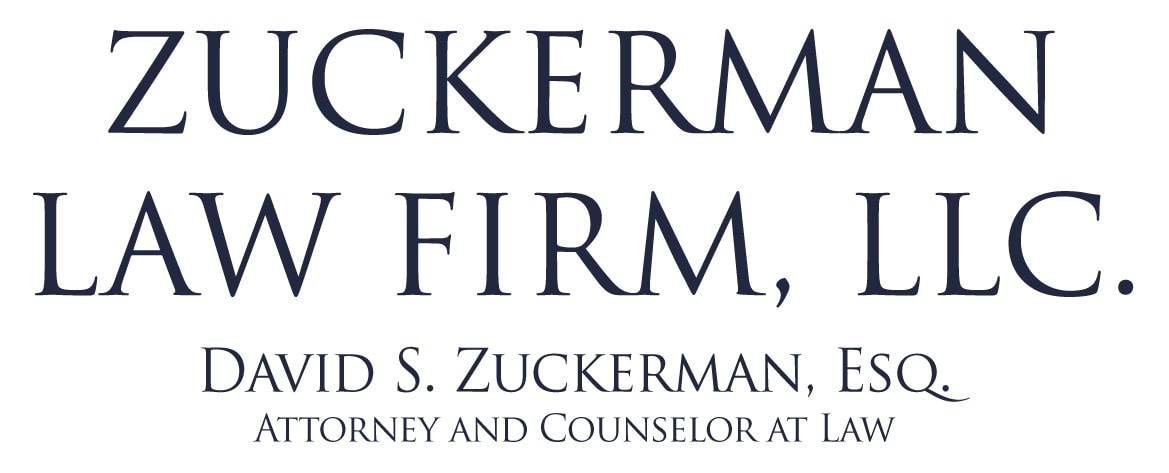PA's Drug Overdose Immunity Law
PA'S DRUG OVERDOSE RESPONSE IMMUNITY LAW
Prior to the enactment of Senate Bill 1164, a person who suffered from a drug overdose and those who reported the overdose could be charged with numerous possessory crimes. For example, if a person called 911 to report that a friend suffered from a heroin overdose in their home, and stamp bags of heroin were recovered, both persons would typically be charged with Possession of a Controlled Substance and Possession of Drug Paraphernalia.
If you have suffered from a drug overdose, or called for help on behalf of someone suffering from a drug overdose, you will be immune from criminal prosecution in many instances. Senate Bill 1164 amended Pennsylvania's Controlled Substance, Drug, Device and Cosmetic Act by granting immunity to an overdosing person and those who render aid under limited circumstances. The purpose of the bill was to encourage others to report drug related overdoses without fear of prosecution.
WHAT COUNTS AS A QUALIFYING DRUG OVERDOSE EVENT?
Under Section 13.7, a Drug Overdose Event is defined as, "an acute medical condition, including, but not limited to, severe physical illness, coma, mania, hysteria or death, which is the result of consumption or use of one or more controlled substances causing an adverse reaction."
In determining whether an event qualifies as a drug overdose, the courts will utilize a "prudent layperson" standard. Under this standard, an event is a drug overdose if a, "prudent layperson, possessing an average knowledge of medicine and health, would reasonably believe that the condition is in fact a drug overdose and requires immediate medical attention."
IMMUNITY FOR THE REPORTING PERSON
Under the newly enacted Section 13.7 of the PA Controlled Substances Act, a person cannot be charged and prosecuted for certain drug crimes, as well as probation and parole violations, if:
1. Police only became aware of the drug offense because the reporting person transported the overdosing person to a healthcare facility, campus police or law enforcement agency; OR
2. The reporting person has a reasonable, good faith belief that another is suffering from an overdose, and
- Reports the overdose to 911, a member of law enforcement, a member of campus police, or emergency services personnel;
- Reports his or her name and location;
- Cooperates with members of law enforcement and medical personnel; and
- Remains with the overdosing person until members of law enforcement or medical personnel arrive.
IMMUNITY FOR THE PERSON WHO OVERDOSED
Under Section 13.7(c), "persons experiencing drug overdose events may not be charged and shall be immune from prosecution as provided in subsection (b) if a person who transported or reported and remained with them may not be charged and is entitled to immunity under this section."
CRIMES WITH IMMUNITY
If a person complies with the requirements listed above, police do not obtain information about the crime prior to the emergency, or police do not obtain information about the crime independently and unrelated to the emergency, he or she will be immune from prosecution for the following offenses:
- Simple Possession: knowingly or intentionally possessing a controlled or counterfeit substance
- Purchasing From Unauthorized Person: Intentionally purchasing or knowingly receiving in commerce a controlled substance, drug or device from a person not authorized to dispense or sell such a drug or device
- Small Amount of Marijuana: Possessing a small amount of marijuana for personal use, or possessing or distributing a small amount of marijuana without intent to sell it
- Drug Paraphernalia: Using drug paraphernalia, or possessing paraphernalia with intent to use it
- Delivering, Manufacturing or Possessing Drug Paraphernalia With Intent to Deliver
- Possession of Anabolic Steroids: if unregistered person possesses more than 30 doses of a dispensed prescription or more than 3 trade packages of anabolic steroids.
CRIMES WITHOUT IMMUNITY
An overdosing person or reporting person may still face prosecution for the following crimes:
- Prior or Independent Evidence of "Immunity Crimes": If police obtain information about one of the immunity crimes before the overdose, or in a manner independent of the reported overdose
- All "Non-Immunity" Crimes: May include tampering with physical evidence for those who attempt to discard evidence
- Delivery or Distribution of a Controlled Substance: (i.e. drug dealing)
- Drug-Induced Homicide or Drug Delivery Resulting in Death
PROSECUTING THIRD PARTIES
Evidence recovered during a reported overdose may be used to prosecute a third party. For example, if heroin is found as a result of a reported overdose, the reporting and overdosing person may not be prosecuted, but the evidence can be used to prosecute their drug dealer.
WHAT TO DO IF YOU ARE BEING INVESTIGATED OR CHARGED AFTER SUFFERING FROM OR REPORTING AN OVERDOSE?
If a friend or loved one is suffering from an overdose, you should immediately call 911 and report the overdose to medical personnel. Remain on scene, provide your name, address and location, and notify police and medical personnel what quantity and type of drugs the overdosing person took.
The questions asked of you should be those necessary to understand and avert the medical emergency. However, members of law enforcement may try to convert this inquiry into a criminal investigation.
If police begin asking you questions about the source of the drugs or whether or not you gave the drugs to the overdosing person, you should remain silent and ask to speak to a lawyer. Statements made regarding drug sharing or delivery can be used to prosecute you for serious drug offenses. These questions aren't designed to avert a medical emergency, but to hold someone criminally responsible.
Likewise, if members of law enforcement contact you after you have been released from the scene of the overdose, you should remain silent and ask to speak to a lawyer.
If you are the subject of a criminal investigation, or have been charged with a crime in connection with an overdose event, call the Zuckerman Law Firm today at 412-447-5580.
